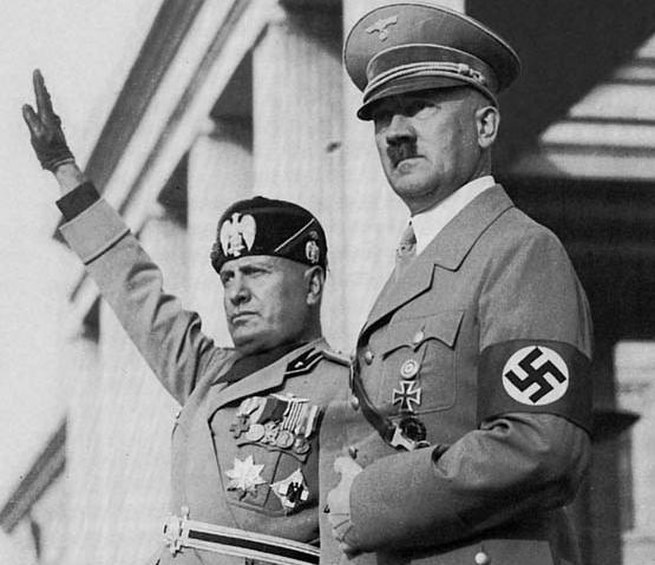
Main Difference
The main difference between President and Dictator is that the President is a leader of a country or part of a country, usually in republics and Dictator is a person who leads a dictatorship.
-
President
The president is a common title for the head of state in most republics. In politics, president is a title given to leaders of republican states.
The functions exercised by a president vary according to the form of government. In parliamentary republics, they are limited to those of the head of state, and are thus largely ceremonial. In presidential and semi-presidential republics, the role of the president is more prominent, encompassing also (in most cases) the functions of the head of government. In authoritarian regimes, a dictator or leader of a one-party state may also be called a president.
-
Dictator
A dictator is a political leader who possesses absolute power and wields it in an oppressive manner. A state of which is ruled by a dictator is called a dictatorship. The word originated as the title of a magistrate in the Roman Republic appointed by the Senate to rule the republic in times of emergency (see Roman dictator and justitium).
Like the term “tyrant” (which was originally a respectable Ancient Greek title), and to a lesser degree “autocrat”, “dictator” came to be used almost exclusively as a non-titular term for oppressive, even abusive rule, yet it had rare modern titular use.
In modern usage, the term “dictator” is generally used to describe a leader who holds and/or abuses an extraordinary amount of personal power, especially the power to make laws without effective restraint by a legislative assembly. Dictatorships are often characterised by some of the following traits: suspension of elections and civil liberties; proclamation of a state of emergency; rule by decree; repression of political opponents without abiding by the rule of law procedures; these include one-party state, and cult of personality.
The term “dictator” is comparable to – but not synonymous with – the ancient concept of a tyrant; initially “tyrant”, like “dictator”, did not carry negative connotations. A wide variety of leaders coming to power in a number of different kinds of regimes, such as military juntas, one-party states and civilian governments under a personal rule, have been described as dictators. They may hold left or right-wing views, or they may be apolitical.
-
President (noun)
The head of state of a republic, a representative democracy and sometimes a dictatorship.
“The vast majority of presidents have been male.”
-
President (noun)
Primary leader of a corporation. Not to be confused with CEO, which is a related but separate position that is sometimes held by a different person.
-
President (noun)
A person presiding over a meeting, chair, presiding officer, presider.
-
President (noun)
obsolete form of precedent
-
President (adjective)
Occupying the first rank or chief place; having the highest authority; presiding.
-
Dictator (noun)
A totalitarian leader of a country, nation, or government.
“Dictators are always punished eventually.”
-
Dictator (noun)
A magistrate without colleague in republican Ancient Rome, who held full executive authority for a term granted by the senate (legislature), typically to conduct a war.
-
Dictator (noun)
A tyrannical boss or authority figure.
-
Dictator (noun)
A person who dictates text (e.g. letters to a clerk).
President Illustrations


Dictator Illustrations




